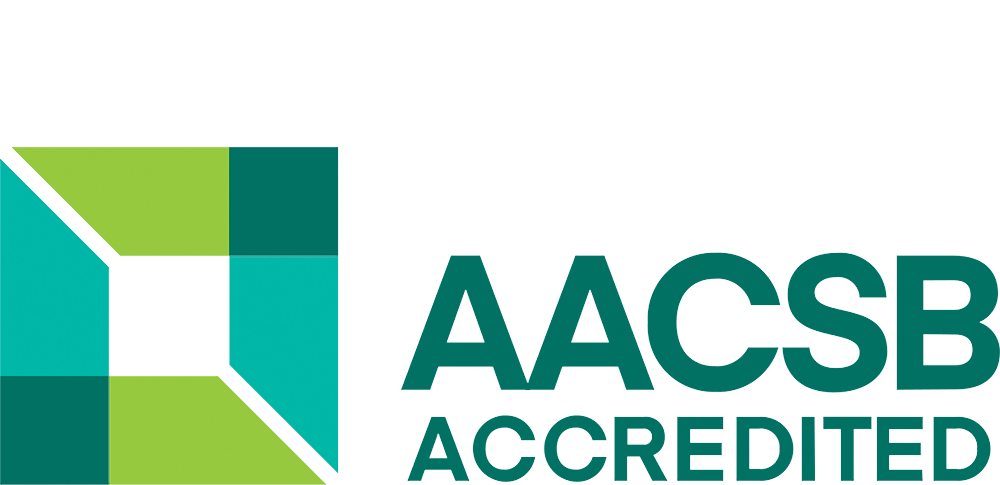For the past few years, apprenticeships have become more and more common within business schools. This "win-win" system for companies and students, formerly reserved for manual jobs, is now much more widespread in higher education. Unlike initial training, the apprenticeship and the progress of the course that follows, allows the student to alternate between periods of classes within their school or establishment and work within a company during the whole programme. So, what are the advantages of an apprenticeship for a student? We will analyse the points with you…
What is an apprenticeship programme?
An apprenticeship is specific by its particular rhythm for the student who alternates between studying at school and working in a company. The rhythms vary according to the programs and the schools, and these can be organised on different periods which are longer or shorter.
The student can, for example, spend a few days a week at school to follow his theoretical teaching and then spend the rest of the week in a business, practicing their skills. In another case: the apprentice spends several weeks at school and several weeks in the company. In either case, the student is supervised by a tutor at school and a tutor in the company. At IPAG, you spend three days at school and two days in a company during 4th year and two days in school and three days in a company in 5th year of the Grande École Programme.
Apprenticeship programmes are available under two types of employment contracts: the apprenticeship contract and the professionalisation contract. Although the purpose is the same, these contracts have different characteristics to consider for the apprentice.
The apprenticeship course is usually supervised by a training organisation (OPCO in French) which helps to finance the apprenticeship but also ensures the good execution of the course by checking the presence of the student at school and in the company according to his schedule. To obtain the diploma and validate the course, the student must therefore show dedication and hard work throughout their course.
What kind of contract for which profile ?
The apprenticeship contract, for young people aged from 15 to 30, it is for students who want to obtain a degree in technological, professional, secondary or higher education. However, it is possible to benefit from this contract, apprentices who are preparing for a diploma or title higher than that obtained, for disabled workers, when there was breach of contract due to a temporary and physical inaptitude, when the apprentice is a high-level athlete and for people with a project to create or take over a business. The professionalisation contract is reserved for young people aged 16 to 25 who wish to complete their initial training, but it is also aimed at people over 26 (jobseekers, aid recipients, the allowance specific solidarity, the allowance for disabled adults and people benefiting from the single integration contract).
How long is an apprenticeship?
The duration of the contract and the course, depends on the nature of the contract: while the apprenticeship contract is possible for a period of 1 to 3 years, the professionalisation contract can be signed for a period ranging from 6 to 12 month, but for a maximum of 24 months.
The remuneration of an apprenticeship
The remuneration of an apprentice student is based on a certain percentage of the SMIC generally varying according to the age of the student:
- For apprenticeship contracts, the remuneration ranges from 27% to 67% of the SMIC (or the conventional minimum wage) for under-20s and from 53% to 100% from the age of 21;
- For professionalisation contracts, the remuneration is 55% to 65% of the SMIC for the under 20s and 70% to 85% of the SMIC (or conventional minimum wage) for the over 21s.
If you choose to do an apprenticeship, take the time to identify the different characteristics of these two contracts before choosing the one that will match you: rate of professional insertion, levels of qualification, training time, employers, etc. If you are in doubt, you can get closer to the apprenticeship department of the school.
Which diplomas to obtain in an apprenticeship ?
Today, many degrees in various fields are available in apprenticeships. In higher education and particularly in business schools, there are many courses that can be followed during an apprenticeship: BTS, Bachelors, Masters or sometimes even MBA. At IPAG Business School: we offer our students two apprenticeship programmes: the first two years of Bachelor's degree as well as the master's cycle (4th and 5th years) of the Grande Ecole Programme.
Why do an apprenticeship programme?
Apprenticeships allow to combine theory and practice
By combining academic learning with practically instantaneous application of this knowledge in the field, the apprenticeship offers students a complete training program highly appreciated by recruiters.
Discover IPAG
Go further in your studies
For students who are reluctant to spend several years in school before integrating into the world of work, an apprenticeship program can give them a higher diploma than they could have imagined. It isn’t uncommon to see students enrolled in BTS or Bachelor programs at IPAG, to continue their PGE studies after completing their first two years in an apprenticeship.
Financing your studies
To opt for an apprenticeship is also a chance for the student to be paid throughout his studies. Apprenticeship allows students to be self-supporting financially through a remuneration often higher than an internship. The host company also covers all tuition fees, this argument is sometimes decisive when one wishes to obtain a diploma from a high business school with a level of studies ranging from bac +3 to bac +5.
Having an employee status
The apprentice, although a student, under a contract of employment, has the status of employee. As a full-time employee, they therefore benefit from the various attributions related to this status such as paid leave, the benefits of the host company's employee representative committee, etc.
The apprenticeship facilitates the professional insertion
An apprenticeship programme is great for a student who wants to gain a lot of professional experience within a business. Apprenticeships offer you a unique opportunity to grow in your host company and to carry out concrete projects over a long period of time by acquiring more and more responsibilities. Placements, usually shorter, are sometimes considered less rewarding by the recruiters. Practical experience in business allows you to learn a certain skill and develop your ability to adapt in a professional environment.







